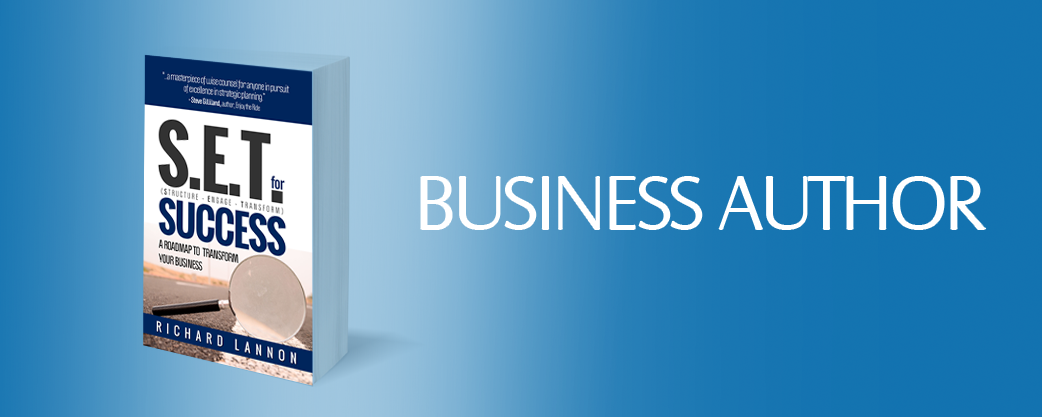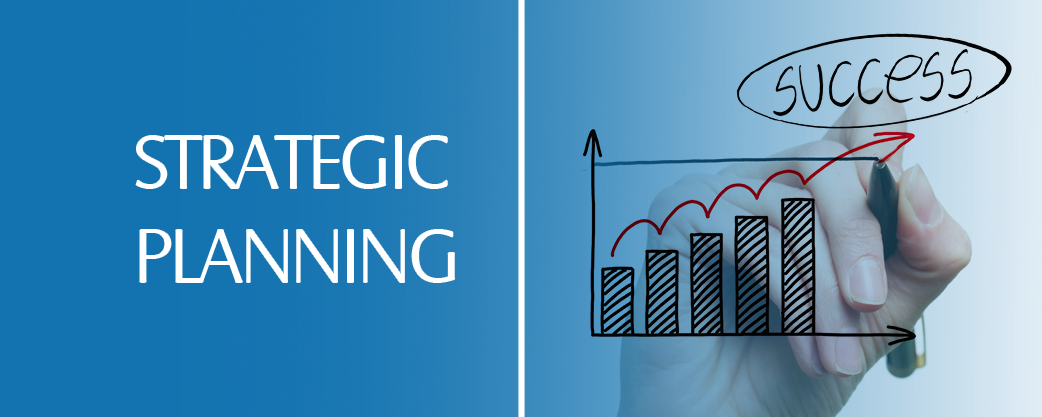 I think it is great when people ask me questions. Often it means I get to ask questions back to gain clarity and insight into the real issue. There are many great questions you can ask, and every professional should collect and create an inventory of questions. As part of your question inventory you should have some standard questions. These are the ones you ask every time you are engaged, either in a new initiative or as part of your regular activities.
I think it is great when people ask me questions. Often it means I get to ask questions back to gain clarity and insight into the real issue. There are many great questions you can ask, and every professional should collect and create an inventory of questions. As part of your question inventory you should have some standard questions. These are the ones you ask every time you are engaged, either in a new initiative or as part of your regular activities.
Related Article: Use What If Questions to Create Innovation in Your Business
Recently while facilitating a strategic business analysis and planning workshop for the Business Analyst World Conference in Toronto, Ontario, Canada, I provided the participants these key questions every business analyst and project manager should ask and get answered.
What 3 To 5 Things Are On The Strategic Agenda For The Organization And Why Are They Important?
A strategic agenda item is a high-level plan of action item designed to achieve a vision. For a number of reasons, this is one of my favorite questions to ask. Generally, most people do not know. Even senior management team sometimes has difficulty answering this question. Your job is to find out what those three to five strategic agenda items are and use them to keep focused. The strategic agenda items should be SMART and should be found on a strategy map. Usually, they have to do with growth and bottom-line revenue, process improvements, productivity enhancements, human capital investment, and/or elements of diversification. There are many possibilities.
What Strategic Initiatives Are We Focused On And What Two Or More Strategic Agenda Items Are They Linked To?
These are two important questions. Strategic initiatives should represent the most significant line of business or cross line of business projects that are planned to improve performance in some way. These items often define your work. The questions help you dig deeper into what needs to be done to realize the strategic agenda, and create a linkage from the strategic to the tactical, bridging the gap. Examples of strategic initiatives include focused growth through geographic expansion, enable efficiency and scalability through support systems development and program delivery, investment in continuous learning and development, and/or realize voice of the customer brand strength. They can be a bit vague, but when connected with two or three strategic agenda items the strategic initiatives start to make sense. These items have business champions and are further defined into high-level elements of work.
Related Article: 7 Questions You Should ASK about Your Business [Say What?]
What Is Your Greatest Barrier When It Comes To Having _______________? What Would Be A Perfect Solution To Those Barriers?
These are another two questions I ask a lot. The first question is just matter of filling in the blank for what it is you are investing. For example, what is your greatest barrier when it comes to having strategic analysis and planning, a success plan or a workflow system that works for you? Just change the ending to suit your questioning needs. Then, at the right moment, ask the second question, what would be a perfect solution to those barriers? People will open up and tell you what is on their minds. These two questions can be asked one on one, in a workshop brainstorming session or even in a survey. They provide great insight into the challenges, opportunities, and possible solutions.
What Are You Thinking About When You Wake Up At 3 Or 4 In The Morning?
I set this question up as a scenario-based question. I give the interviewee a bit of a story to set the stage and then ask the question. It is best asked at a one on one discovery meeting where you have up to 90 minutes to chat with the interviewee regarding their response. Often I get to dig deeper into the real issues. I think people are surprised when I go into the first discovery meeting with them and after our pleasantries, I only ask one scenario based question. That is, asking a question that gets them to talk about their thoughts in the early morning hours. Here’s the thing, everybody has a story to tell, and my purpose at an initial discovery meeting is to have a meaningful conversation. I frame it this way because everyone wants to have a meaningful conversation and tell you what they are thinking. The closer you can make your questions connect with the person you are speaking with the better the information is that you will generate.
Learn from yesterday, live for today, hope for tomorrow. The important thing is not to stop questioning. Albert Einstein Share on X
Final Thought
Asking great questions is part art and science, especially when doing business analysis and project management work. Part of asking great questions is knowing what to ask and your attitude towards asking questions. I believe people are waiting to be asked the right question so they can give you the insight you need to help solve their business problem and/or leverage an opportunity. The key is to ensure you make the link from the strategic to the tactical and then understand the key barriers and the perfect or preferred solution. If you can find a way to connect with what is on a person’s mind in a personal way, you will get a far better response.
Remember, Be your best, invest in the success of others, and make your journey count, Richard.









